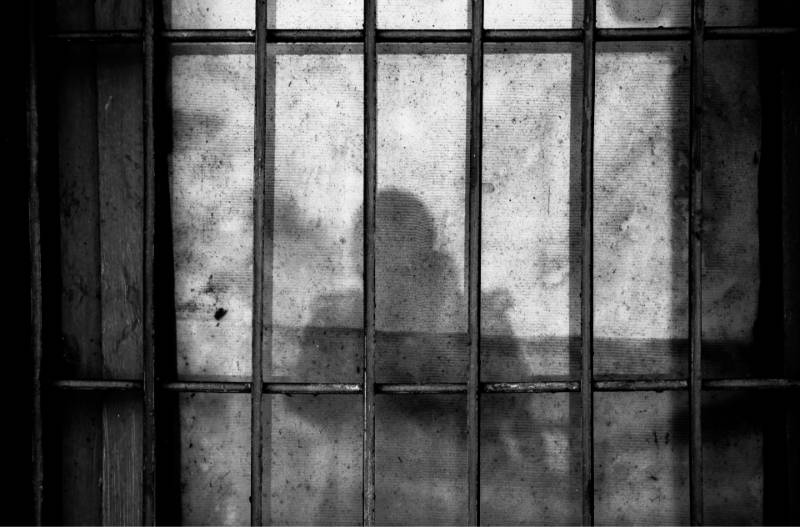
When you face prosecution for a crime in Minnesota, you usually worry about potential penalties. A good criminal defense attorney will explain the range of penalties and attempt to get your charges reduced or dismissed.
However, the criminal process of determining whether the punishment fits the crime does not seem as straightforward as you might think.
Do you know that your criminal history can impact the penalties you receive for a new charge? Minnesota uses a complex system to calculate your criminal history score. The Minnesota Sentencing Commission developed the system to help promote fairness and reduce the possibility of bias in sentencing.
Here, we will explain the criminal history points system in Minnesota and how it can determine the penalty for a criminal charge in St Paul, MN.
Minnesota Sentencing Guidelines
Minnesota sentencing guidelines take the defendant’s criminal history and the severity of the crime into account when calculating the sentence. While the severity of the alleged crime has the most impact on sentencing guidelines, criminal history also influences the penalty range. The judge can slightly vary the presumptive sentence if there are other factors to consider.
To determine your criminal history score, the sentencing guidelines take several factors into account:
- Prior felonies;
- Custody status at the time of the offense;
- Prior misdemeanors and gross misdemeanors; and
- Prior juvenile offenses.
For previous convictions, the severity levels of those crimes also factor into the equation.
Felony Point System in MN
Prior felonies receive from half a point to two points on the MN felony point grid, depending on the crime. Sex offenses receive up to three points. If an offender receives multiple sentences for one crime, the court calculates only the highest-ranked felony in the criminal history points.
If a prior crime involved multiple victims, the highest two ranking felonies would go into the score. Also, if you were charged with a felony in the past but enough time has passed that the prior conviction has expired, no points will be assessed for it.
Timing also matters. The felony point system in MN only counts prior crimes that happened within a certain timeframe.
If more than 15 years have elapsed since the previous sentence expired, the felony does not count towards the criminal history score. Add points for all felonies together, and if the total results in a partial number, like 5.5 points, round down.
Misdemeanor and Gross Misdemeanor Point System
Misdemeanors and gross misdemeanors count for fewer points than felonies. Each misdemeanor or gross misdemeanor conviction counts only for a unit. It takes four units to equal one point for criminal history score purposes.
Custody Status
Defendants in some form of custody or supervised release at the time of the current offense have more points added to their score. Custody status includes situations such as parole, probation, and supervised release.
If you commit the current crime after a jail or prison escape, you will also have points added to your score. Also, if you don’t register as a sex offender when required, this will increase your custody status score.
Contact a Criminal Defense Attorney in St. Paul, MN
As you can see, calculating your criminal history score involves following complex guidelines. If you have been charged with a crime, you need an experienced Minnesota criminal defense attorney who can help calculate your score and present your best defense.
At Arechigo & Stokka, we have defended hundreds of people against criminal charges. We will use our legal skills and decades of experience to make every effort to get your charges reduced or dismissed. Contact us today for a free consultation.



